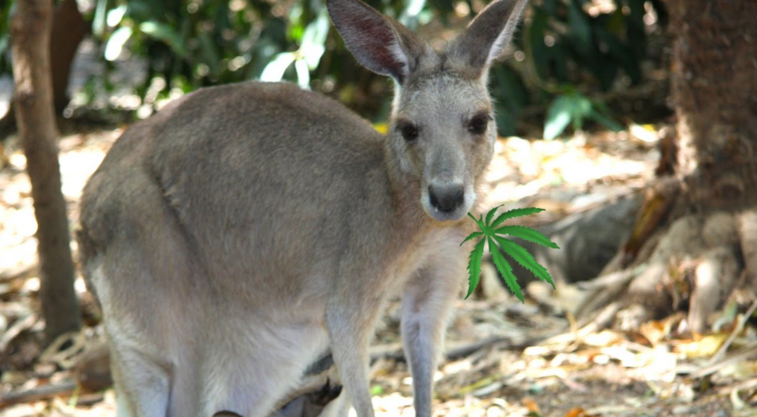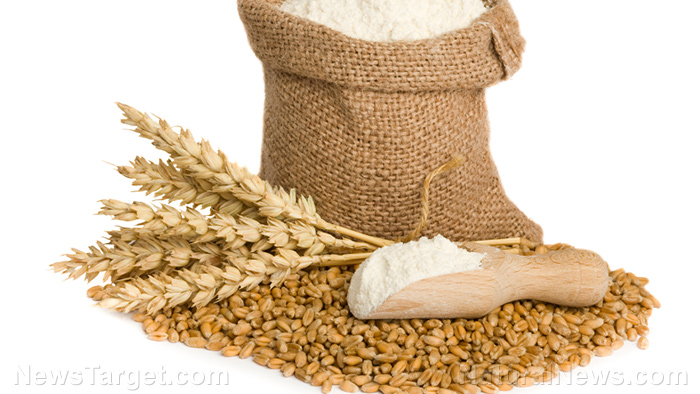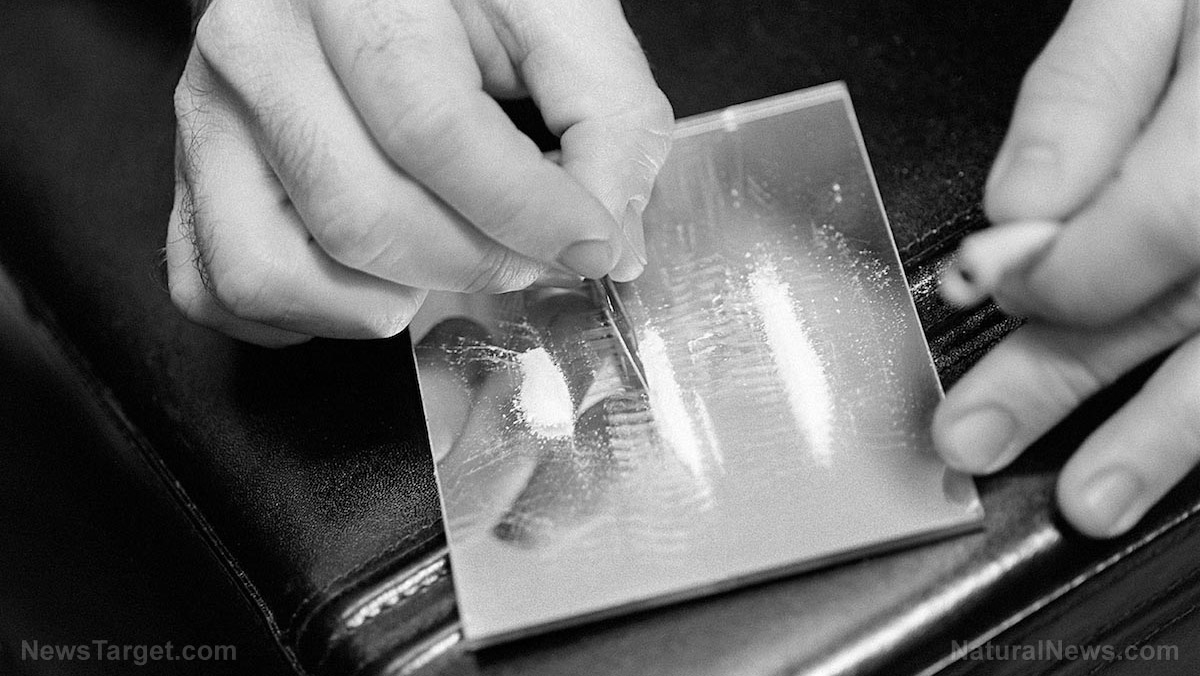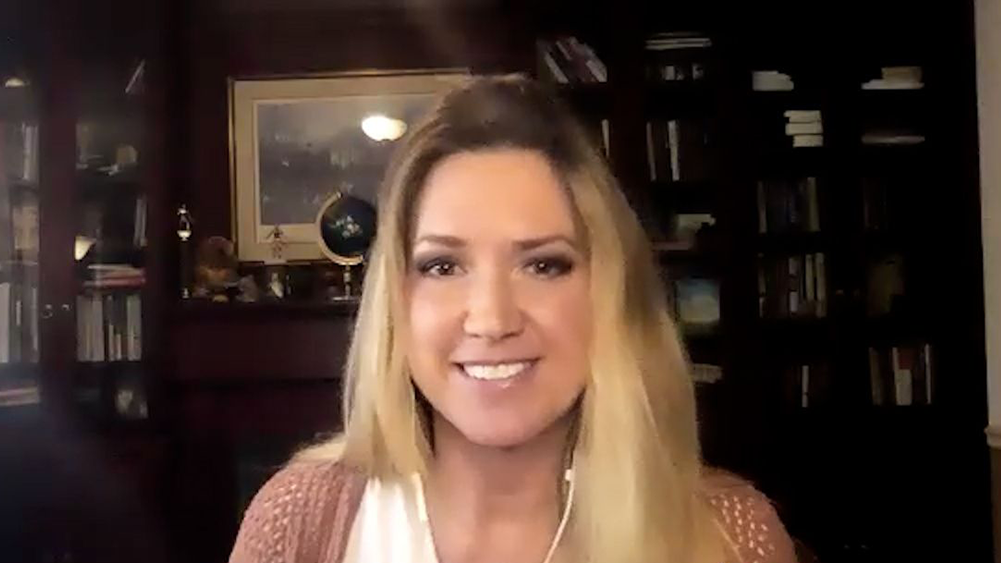
Advertisement
Swedish automaker Volvo has recently found out that their driverless car systems are having difficulty when it comes to identifying the presence of kangaroos on the road as their detection sensors fail to discern kangaroos’ hopping motions.
During a trial session that happened 18 months ago in Canberra, Australia, researchers found out that the kangaroos’ hopping movements threw off Volvo’s driverless car’s Large Animal Detection system; however, the same test revealed that the driverless car software had no problem when it comes to identifying deer, elk, and moose on the road, and had no trouble dodging them.
The software of Volvo’s driverless car system detects the presence of animals on the road by using the ground as a reference point to be able to measure how far they are from the vehicle.
Volvo Australia technical manager David Picket said the driverless car system’s motion sensors had issues when it comes to identifying objects that are in motion in the air. “We’ve noticed with the kangaroo being in mid-flight…when it’s in the air it actually looks like it’s further away, then it lands and then it looks closer. If you look at a roo sitting at the side of a road, standing at the side of a road, in motion, all these shapes are actually different.”
“First we have to start identifying the roo. We identify what a human looks like by how a human walks, because it’s not only the one type of human – you’ve got short people, tall people, people wearing coats. The same applies to a roo,” Picket said in an interview with ABC.

For his part, Volvo Australia managing director Kevin McCann was quick to assure the public that this issue is just part of motion detector system’s growing pains. “Any company that would be working on the autonomous car concept would be having to do the same developmental work. We brought our engineers into Australia to begin the exercise of gathering the data of how the animals can move and behave so the computers can understand them more. It’s a fairly drawn-out process,” he said in an interview with The Guardian.
Even though it is beset with this setback, McCann said Volvo’s driverless car system has already perfected such features as the one that helps the vehicle maintain a safe distance from the vehicle before it, an ability to identify which roads have current vehicular collisions, and the “run-off road assist,” which ensures that its occupants are kept safe during near-collisions.
Volvo is working with Swedish-American automotive safe systems provider Autoliv and American tech company Nvidia to release its self-driving cars by 2021.
According to the National Roads and Motorists’ Association, there were around 16,000 vehicle collisions with kangaroos in 2016. Kangaroos are said to cause 90 percent of vehicular crashes in Australia, with most of them ending in fatalities.
Automotive companies have encountered a fair amount of challenges during their quest to develop optimum autonomous vehicles. For instance, there is the moral dilemma of what an autonomous vehicle should do when faced with the inevitability of an impact – should it crash towards pedestrians and possibly save the vehicle’s occupant, or should it crash itself against a wall, thereby ensuring the safety of the pedestrians but instantly killing its occupant?
Similarly, Uber’s self-driving cars committed moving violations and were found to have difficulties when it comes to interacting with bike lanes.
Read more stories such as this one at computing.news.
Sources include:
Submit a correction >>
This article may contain statements that reflect the opinion of the author
Advertisement
Advertisements















